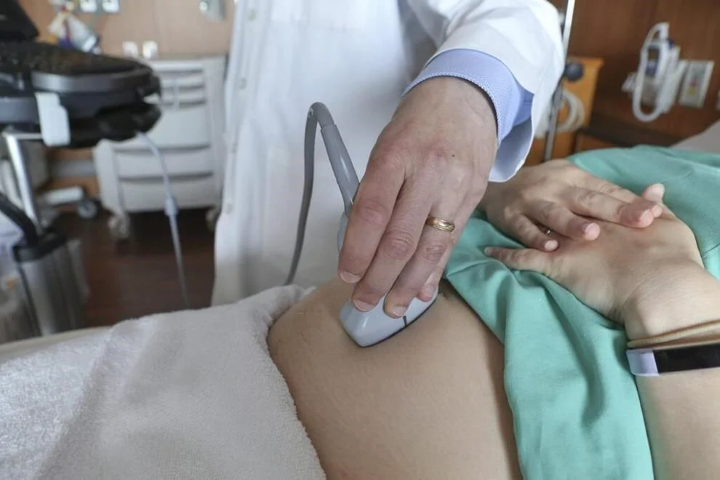
Women who were pregnant as teenagers are more likely to die before age 31 compared to those who had no teen pregnancies, suggests an Ontario study that calls for more programs to support vulnerable youth and their children. THE CANADIAN PRESS/AP-Teresa Crawford
A new study conducted in Ontario suggests that women who experienced teenage pregnancies face an elevated risk of premature death compared to those who did not have pregnancies during their teenage years. The study, which analyzed health data of over 2.2 million females aged 12 to 19, found that the risk of premature death was significantly higher among individuals who had one or more pregnancies during their teenage years, especially if the pregnancies occurred before the age of 16.
Published in the JAMA Network Open journal, the study revealed that the risk of premature death was 1.5 times higher for those with one teen pregnancy and 2.1 times higher for those with at least two teen pregnancies, when compared to individuals who did not experience teenage pregnancies. Moreover, the risk was particularly pronounced among those who became pregnant before the age of 16.
The research, which examined anonymized health records spanning from April 1991 to March 2021, included data on more than 163,000 individuals who became pregnant during adolescence. The majority of these pregnancies resulted in induced abortions, while approximately 60,000 individuals gave birth.
The study also highlighted variations in risk depending on the outcomes of the pregnancies. Teenagers whose pregnancies ended in induced abortions were found to have a slightly higher risk of premature death, whereas the risk was even greater for those who gave birth or experienced miscarriages. Factors such as income, education level, and existing health conditions were taken into account during the analysis.
Dr. Ashley Vandermorris, a pediatrician at Toronto's Hospital for Sick Children and one of the study's authors, emphasized that teenagers with multiple pregnancies faced double the risk of premature death due to various causes, including self-induced and unintentional injuries. She also noted that the findings underscore the importance of providing support to vulnerable youth and their children.
The Young Families Program at Toronto's Hospital for Sick Children, where Vandermorris works, offers comprehensive support to adolescent mothers and their children until the child's second birthday. The program, which includes a team of healthcare professionals and social workers, provides assistance with managing chronic illnesses, parenting education, access to community services, and other essential support.
However, Vandermorris acknowledged that many young mothers may be reluctant to seek healthcare services due to past experiences of stigma and judgment. She emphasized the significance of addressing societal biases and providing trauma-informed care to ensure that adolescent parents feel supported and empowered to access the assistance they need.
The study did not explore the role of race or ethnicity in contributing to the association between teen pregnancy and premature death. While acknowledging this limitation, researchers suggested that individuals from racialized communities may face higher rates of economic disadvantage and structural racism, which could influence health outcomes.
Overall, the study highlights the need for targeted interventions and support programs to address the complex challenges faced by adolescent parents. By providing comprehensive care and addressing underlying social determinants of health, healthcare providers can help mitigate the risks associated with teenage pregnancies and improve outcomes for vulnerable youth and their children.















